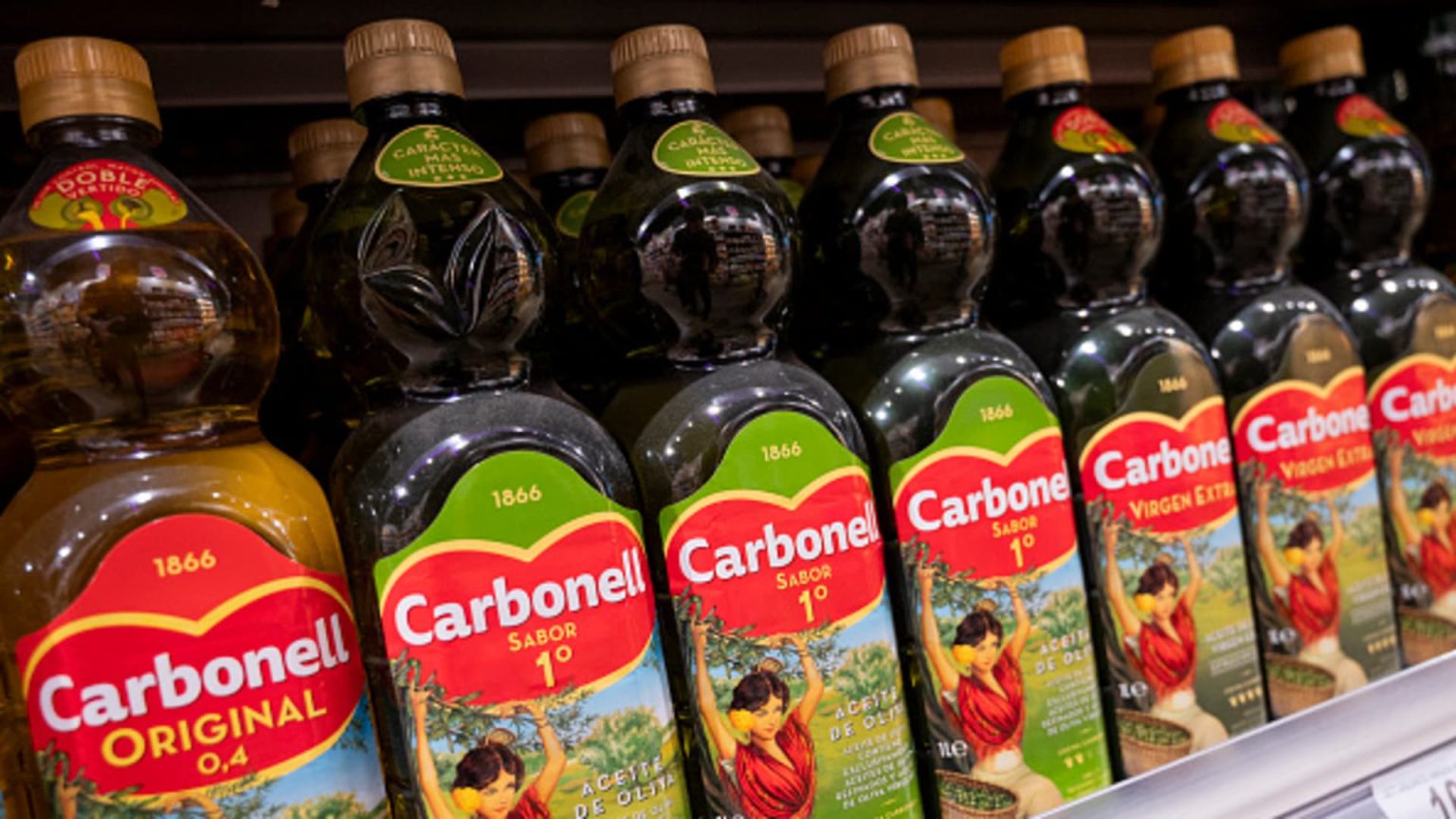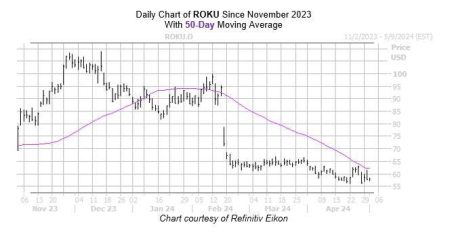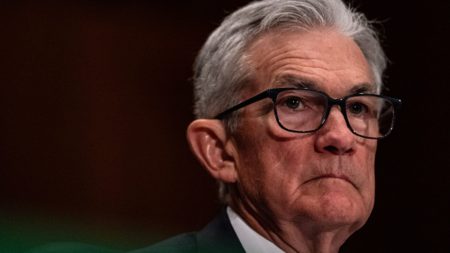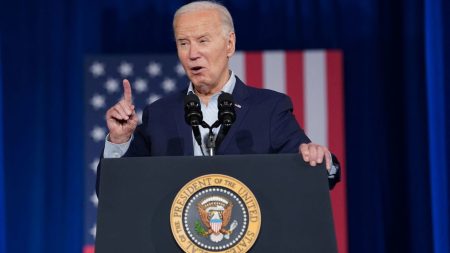Spain’s Deoleo, the world’s largest olive oil producer, has highlighted the need for a significant transformation in the olive oil industry as it faces unprecedented challenges. Climate change, soaring prices, high interest rates, and robust inflation have all contributed to a difficult moment in the sector. Two consecutive years of scorching heat in Spain have led to limited olive harvests, resulting in a price rally that has surprised consumers and industry professionals. Spain, as a major global producer of olive oil, plays a significant role in setting prices worldwide.
In response to the current situation, Miguel Angel Guzman, chief sales officer at Deoleo, emphasized that the sector is experiencing one of the most challenging moments in its history. High inflation, interest rates, and unfavorable olive harvest forecasts have led to a considerable increase in prices. Although olive oil prices have slightly decreased due to improved production estimates and beneficial rainfall, the company remains cautious about the outlook for prices. Deoleo expects a return to a more reasonable price situation when future harvest yields normalize.
The recent rain in Spain has been a positive development, but Deoleo believes that the olive oil sector needs a profound transformation to address the challenges it faces. The company has been focusing on sustainability, innovation, and quality to adapt to the changing landscape. With the volatility of olive oil prices at origin representing a significant portion of its costs, Deoleo recognizes the importance of addressing this issue. The company stresses the need for all industry actors to work together to reduce price volatility and increase predictability in the market.
Most of the world’s olive oil supply comes from Mediterranean countries like Spain, Italy, and Greece, where olive trees are facing increased vulnerability due to the climate crisis. While olive trees are typically able to withstand high temperatures and drought, the recent extreme conditions have had a severe impact on harvests. Deoleo points out that the industry is naturally affected by price volatility, with prices at origin playing a significant role in the overall cost structure of the company. To protect olive trees from climate-fueled extreme weather, the sector must come together and take proactive measures.
Guzman emphasized that the olive oil sector needs to “take the reins” and undergo a transformation to reduce price volatility and increase predictability in the market. By addressing external factors that impact supply and demand, the sector can better navigate challenges and secure a sustainable future. Deoleo’s commitment to sustainability, innovation, and quality reflects a broader effort within the industry to adapt to changing circumstances and ensure its long-term viability.
Despite the challenges facing the olive oil industry, there is a sense of optimism that with strategic changes and a collaborative effort, the sector can overcome its current difficulties. By focusing on innovation, sustainability, and quality, companies like Deoleo are positioning themselves for success in the future. As the industry navigates the impact of climate change, price volatility, and other challenges, it is clear that a concerted effort is needed to ensure the long-term viability of olive oil production.















